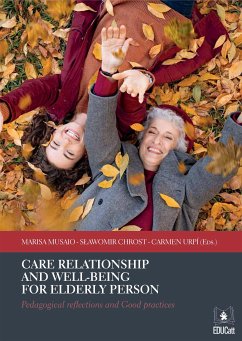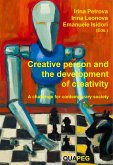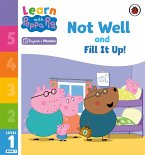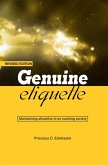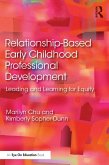The idea of the volume Care relationship and Well-being for the Elderly person: Pedagogical reflections and Good practices, edited by Marisa Musaio, Catholic University of the Sacred Heart of Milan and Piacenza (Italy), Sławomir Chrost, Jan Kochanowski University of Kielce (Poland) and Carmen Urpí, Universidad de Navarra of Pamplona (Spain), expresses the intentionality of pooling research and reflections to help raise awareness of a different narration of the elderly condition, to delineate an interpretative, reflective and practical-planning perspective, to support an all-encompassing advocacy towards the elderly person in the contexts of care and educational and pedagogical services.
The contributions that compose the volume converge on a “pedagogy of elder person” that does not indulge in a merely problematizing approach on the difficulties of elderly and advanced old age. Following this idea, Marisa Musaio’s contribution privileges a hermeneutical and interpretative approach to rethink how we see and think of the older adults. This approach helps us to deconstruct the most widespread cultural stereotypes and develop wide-ranging attention, which also requires an interpretation in consideration of gender. A necessary step to develop a way of approaching the elderly person is the interpretation of care as an intrinsically relational task, to help the person address the criticalities of aging, the onset of frailties and any difficulty beyond which the person can continue to take care of themselves, be cared for and promoted in the complete entirety of resources. Beyond any difficulty to be faced, there still remains a person with their history, experiences and memories.
Tratto dall'Introduzione
The contributions that compose the volume converge on a “pedagogy of elder person” that does not indulge in a merely problematizing approach on the difficulties of elderly and advanced old age. Following this idea, Marisa Musaio’s contribution privileges a hermeneutical and interpretative approach to rethink how we see and think of the older adults. This approach helps us to deconstruct the most widespread cultural stereotypes and develop wide-ranging attention, which also requires an interpretation in consideration of gender. A necessary step to develop a way of approaching the elderly person is the interpretation of care as an intrinsically relational task, to help the person address the criticalities of aging, the onset of frailties and any difficulty beyond which the person can continue to take care of themselves, be cared for and promoted in the complete entirety of resources. Beyond any difficulty to be faced, there still remains a person with their history, experiences and memories.
Tratto dall'Introduzione

